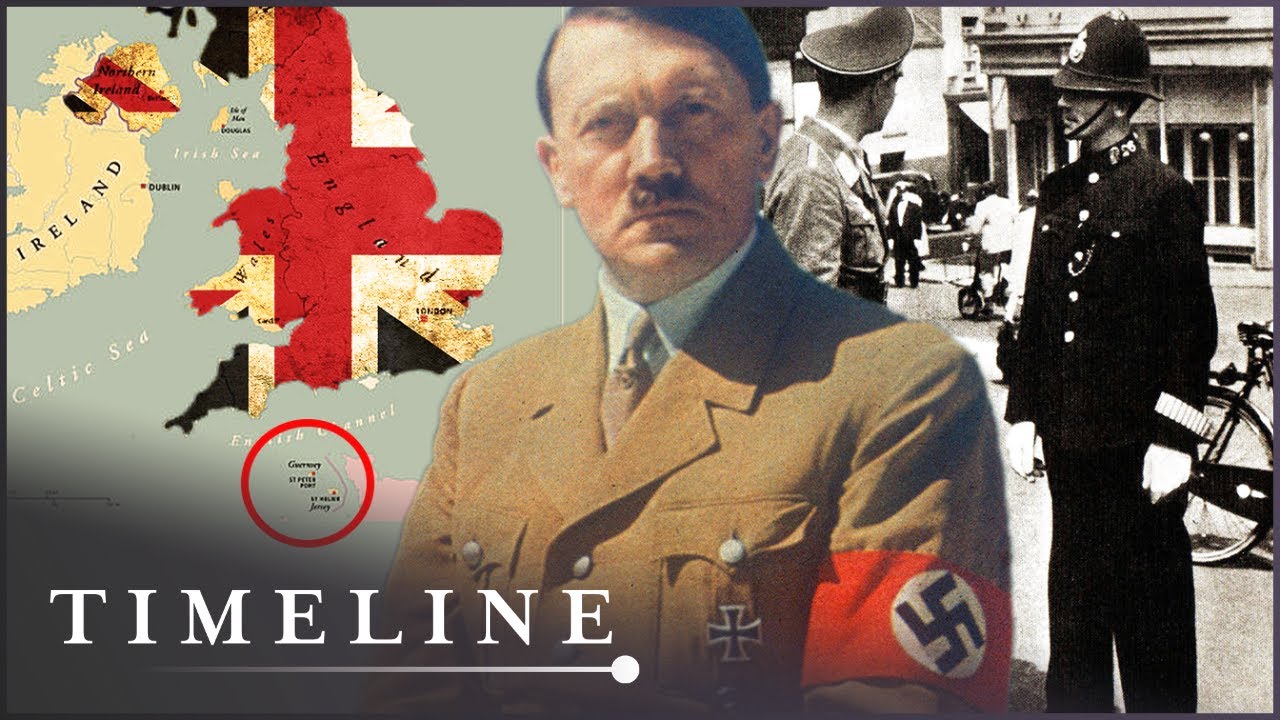In the 1990s, a wave of panic swept across Britain as the threat of dioxin poisoning became increasingly evident. Dioxins, a group of highly toxic chemicals, were found to be present in various environmental sources, including food, water, and the air. The potential health risks associated with dioxin exposure were alarming, with studies linking them […]







